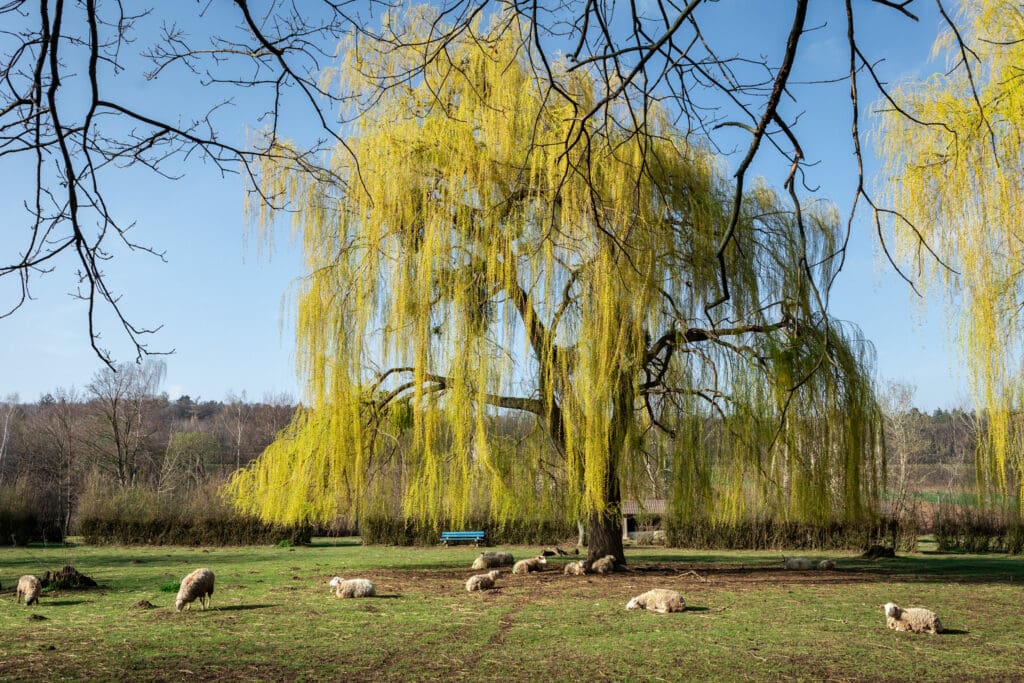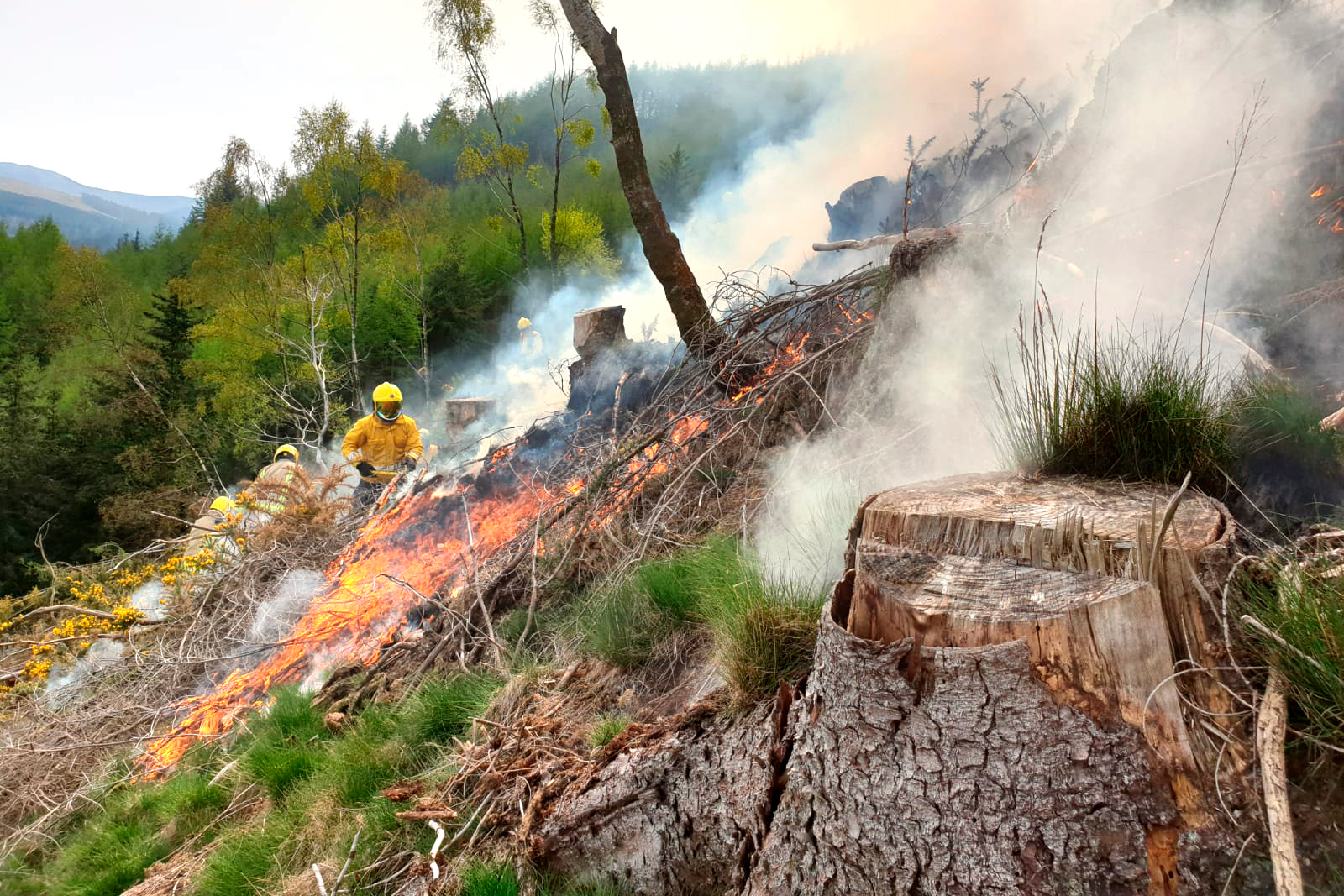We’re joining local Fire and Rescue Services across England to ask people to help protect RSPB nature reserves and the wider countryside from wildfires this summer – and you can play a part.
Some habitats, such as upland and lowland heaths and some types of grassland and woodland, are at particular risk of fires. This is especially the case in summer when more people cook and eat outdoors, and increasingly frequent and intense heatwaves exacerbate the problem. Learn more about how extreme heatwaves cause wildfires.
Blazes in these places can cause devastating damage and threaten vulnerable nesting birds such as Dartford Warblers, Nightjars, Woodlarks and Skylarks, Golden Plovers and Ring Ouzels, as well as reptiles.
We welcome visitors enjoying picnics on RSPB nature reserves, but please remember that barbecues and campfires aren’t allowed on RSPB England reserves. We are also asking smokers to take special care when extinguishing cigarettes. And if you see a fire, call 999 and report it immediately.
Blazes in these places can cause devastating damage and threaten vulnerable nesting birds
In May 2023 fire tore through RSPB Scotland’s Corrimony nature reserve. It destroyed native woodland and precious habitat for birds like Black Grouse and Crossbills. But an amazingly generous response to our wildfire appeal is helping to restore the reserve. In this video Site Manager Simon Mclaughlin explains the work on the ground and how much the support has meant to him.
We’ve partnered with UK Fire and Rescue Services to launch a campaign to help prevent wildfires this summer. By following the Top Tips in our video you can help protect people, landscapes and wildlife.

Do your bit to stop wildfires
Together, we can all take small steps to help wildlife. Much of the destruction and devastation caused by wildfires is easily preventable, as most wildfires are sparked by human activity, often by accident.
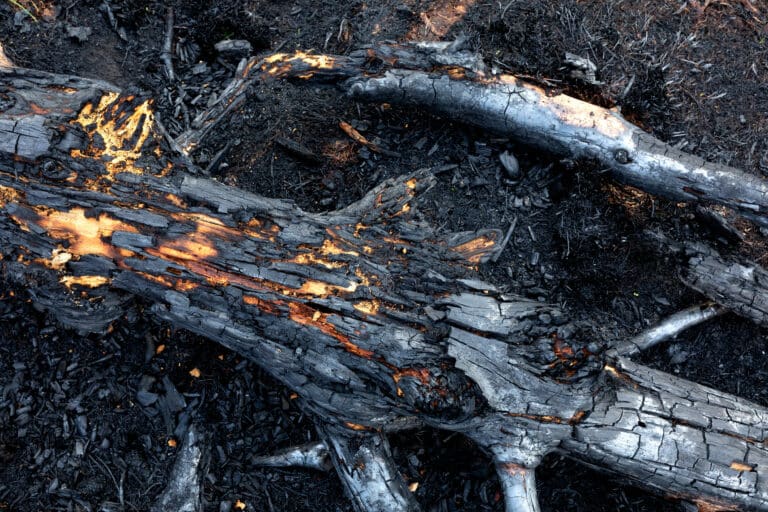
A smouldering branch. Photo: Mark Hamblin (rspb-images.com)
You might also like
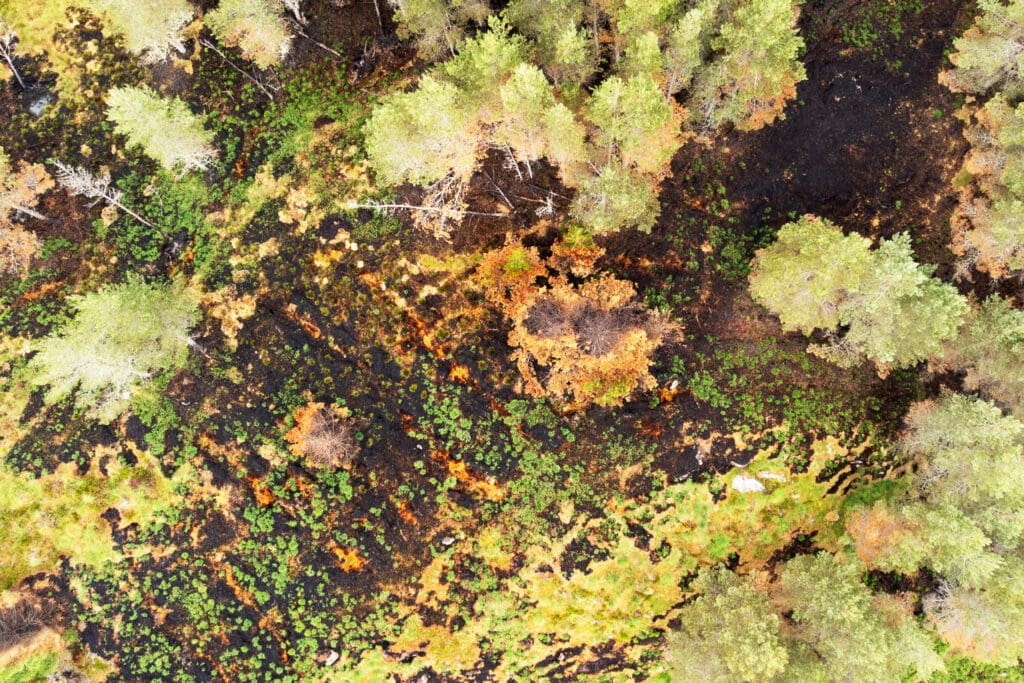
Recovering from wildfire
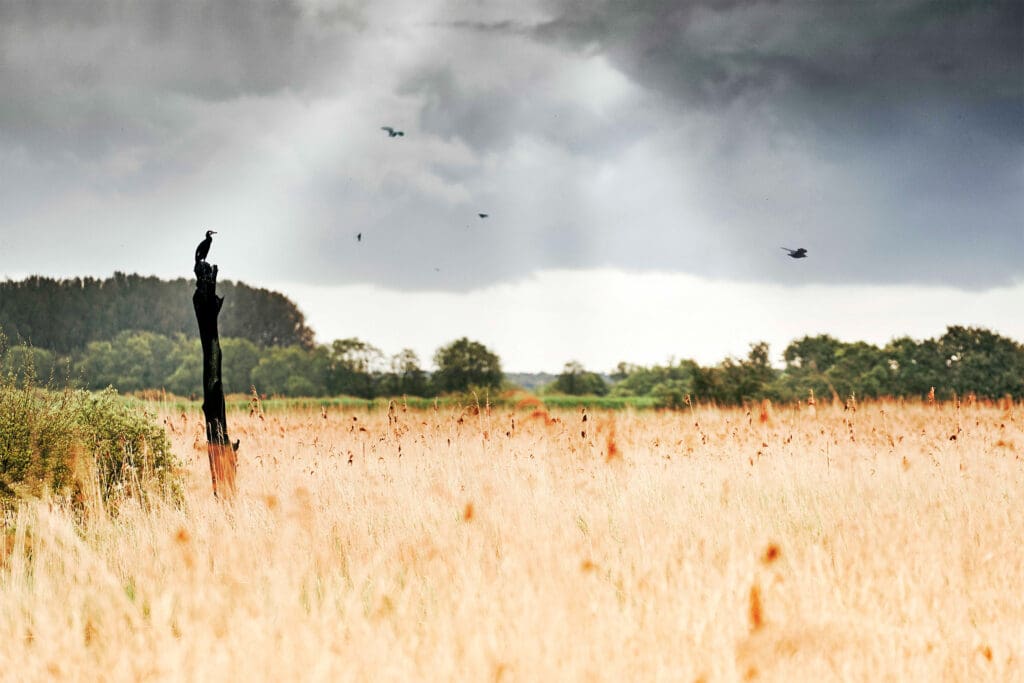
Lakenheath Fen
